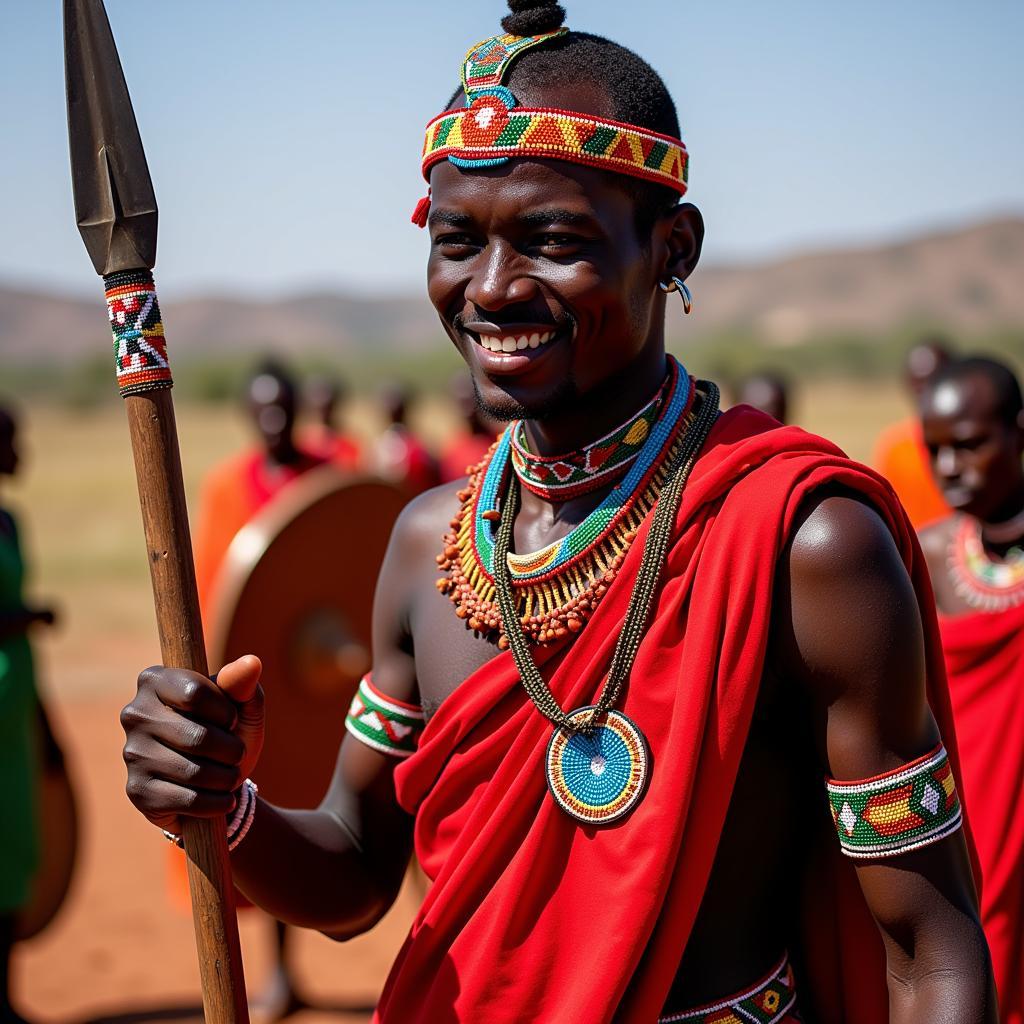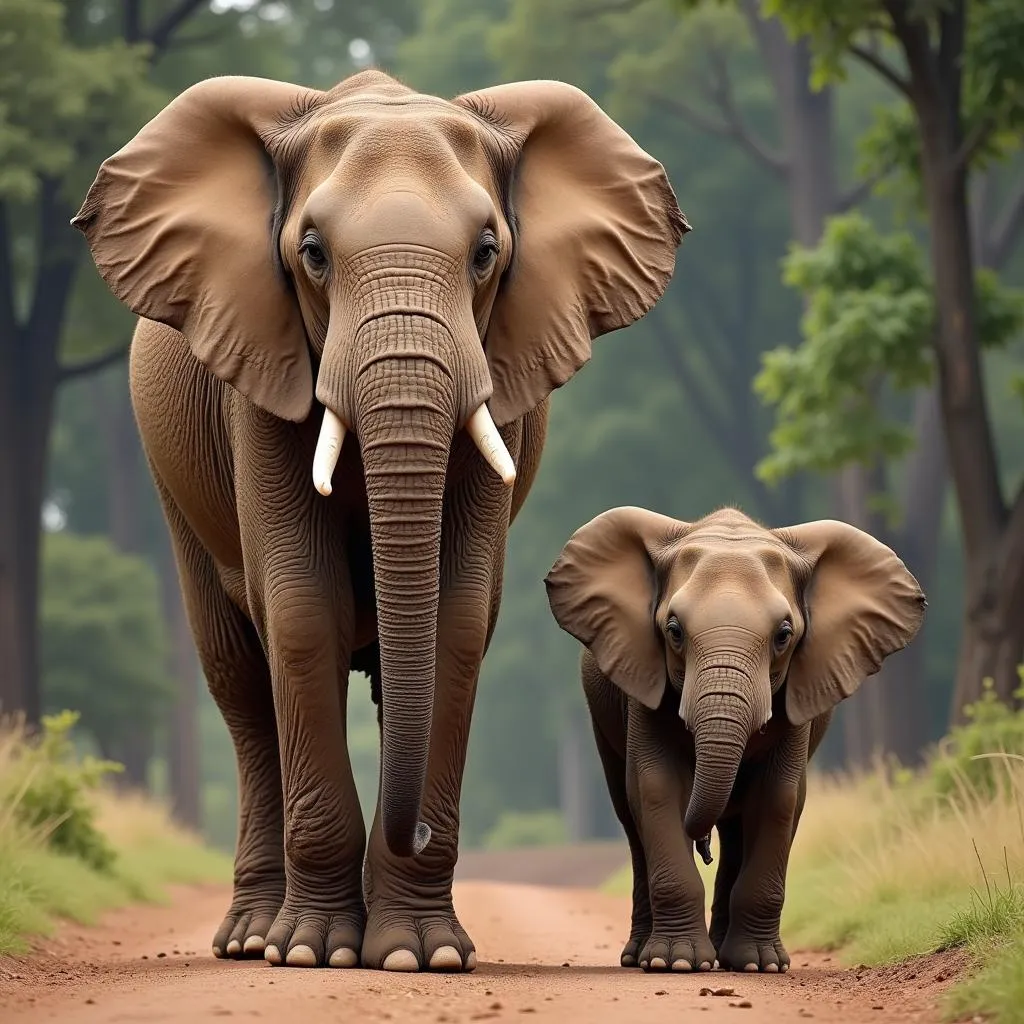Exploring the Diverse World of African Tribe People
African Tribe People represent a vast tapestry of cultures, traditions, and lifestyles. From the nomadic herders of the Sahel to the agricultural communities of the Great Rift Valley, the continent is home to a remarkable diversity of indigenous groups. Each tribe possesses its unique customs, languages, and social structures, contributing to the rich cultural mosaic of Africa. Let’s delve into the fascinating world of these communities.
Understanding the intricate lives of African tribe people requires moving beyond generalizations and embracing the nuances of each individual group. Factors such as geographical location, historical context, and social dynamics play a crucial role in shaping their identities. While shared ancestry and cultural heritage often connect different tribes, their unique experiences and adaptations create distinct identities. For instance, the African tribe in Gujarat presents a unique case of cultural preservation and adaptation in a diaspora setting.
The Significance of Tribal Identity in Africa
Tribal identity remains a powerful force in many parts of Africa, providing a sense of belonging and shared heritage. This connection to their ancestral roots influences various aspects of their lives, including social organization, spiritual beliefs, and artistic expression. Understanding the significance of tribal identity is key to appreciating the diverse tapestry of African cultures. How do tribes maintain their cultural heritage in the face of modernization? By passing down traditions through storytelling, rituals, and artistic practices.
Social Structures and Governance within African Tribes
African tribe people often have complex social structures, ranging from hierarchical systems with chiefs and elders to more egalitarian communities. These structures govern various aspects of life, including resource allocation, conflict resolution, and social interactions. What are the roles of elders in tribal communities? Elders often serve as custodians of knowledge, mediators of disputes, and spiritual guides. They play a vital role in maintaining social harmony and passing down traditional wisdom.
Art, Music, and Cultural Expression in African Tribes
Art, music, and storytelling are integral to the cultural expression of African tribe people. These forms of expression serve as powerful tools for communication, preserving history, and transmitting cultural values. From intricate beadwork and vibrant textiles to rhythmic drumming and captivating dances, each tribe has its unique artistic traditions. Explore the beauty of African beaded jewelry and its cultural significance. These intricate creations often hold symbolic meaning, reflecting the wearer’s status, beliefs, or tribal affiliation.
How Do African Tribe People Adapt to Modern Challenges?
African tribe people face numerous challenges in the modern world, including globalization, climate change, and social and economic pressures. How do they adapt to these challenges while preserving their cultural identity? Many tribes are actively engaging with the outside world, seeking economic opportunities while striving to maintain their traditions. They demonstrate resilience and adaptability in navigating the complexities of a rapidly changing world. For example, some tribes are embracing sustainable tourism, sharing their culture with visitors while generating income for their communities. Furthermore, understanding African beauty design can shed light on the evolving cultural landscape and the ways in which traditions are being reinterpreted in contemporary contexts.
Conclusion
African tribe people offer a rich tapestry of cultural diversity and resilience. Understanding their unique traditions, social structures, and artistic expressions provides valuable insights into the human experience. By learning about the challenges they face and the ways they adapt, we can foster greater appreciation for the richness and complexity of African cultures. Let’s continue to explore and celebrate the fascinating world of African tribe people. Looking for more resources? Learn more about the fascinating tradition of African hair braiding videos.
FAQ
-
What is the largest tribe in Africa? It’s difficult to definitively say, as tribal definitions can be complex. However, some of the larger ethnic groups include the Yoruba, Igbo, and Hausa.
-
How many tribes are there in Africa? There are estimated to be over 3,000 distinct ethnic groups across Africa, each with its own language and culture.
-
Do all African tribes speak the same language? No, there are over 2,000 languages spoken across Africa, reflecting the incredible linguistic diversity of the continent.
-
What are some common misconceptions about African tribes? One common misconception is that all African tribes are the same. In reality, there is immense diversity among tribes, each with its unique customs and traditions.
-
How can I learn more about specific African tribes? There are numerous books, documentaries, and online resources available that provide detailed information about specific tribes and their cultures.
Need assistance? Contact us 24/7: Phone: +255768904061, Email: kaka.mag@gmail.com, Address: Mbarali DC Mawindi, Kangaga, Tanzania.

